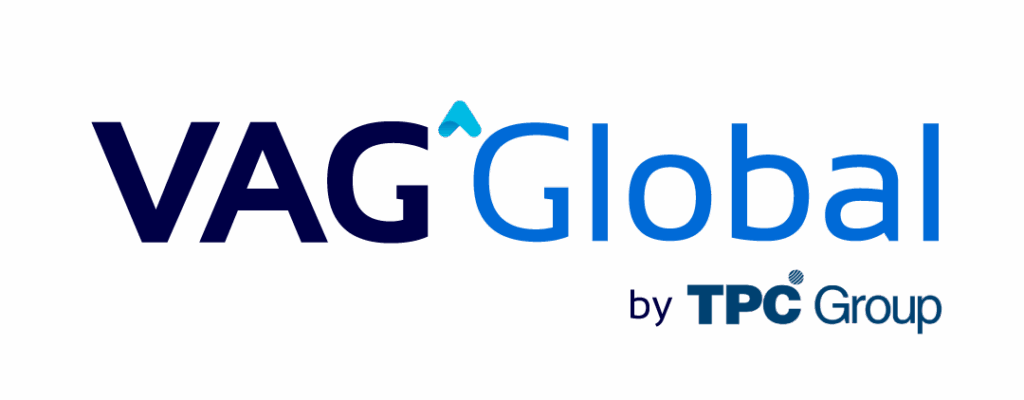What Is a Tax Regime?
A tax regime is the set of rules that determine how an individual or legal entity must comply with their tax obligations, depending on their economic activities. In Peru, these regimes facilitate the formalization of businesses and ensure tax compliance within the financial capacity of taxpayers.
Selecting the appropriate tax regime is crucial, as it directly affects tax payments, receipt issuance, administrative requirements, and potential penalties. The following outlines the four tax regimes currently in force in Peru.
NRUS
The NRUS (Nuevo Régimen Único Simplificado – New Simplified Single Regime) ratifies the small businesses managed by individuals. It simplifies tax compliance by replacing VAT and income tax with a fixed monthly fee. This regime targets retailers and small service providers who work directly with end consumers.
Requirements and Exclusions
- Financial limits: Income or purchases of up to S/ 8,000 per month or S/ 96,000 per year.
- Excluded activities: Independent professionals, businesses with employees, travel agencies, and cargo transportation, among others.
Taxes and Obligations
- Fixed monthly payment:
- Category 1: S/ 20 (up to S/5,000 in income or purchases).
- Category 2: S/ 50 (between S/5,001 and S/S/8,000 in income or purchases).
- Payment receipts that can be issued: Only sales receipts, referral slips, and tickets are allowed.
- Accounting: It does not require keeping accounting books or filing tax returns.
Scheme Benefits
It facilitates the formalization of small businesses through a fixed payment scheme, minimum administrative requirements, and access to the SIS Emprendedor (Entrepreneur System) for the holder and his/her family.
RER
The RER (Régimen Especial de Impuesto a la Renta – Special Income Tax Regime) targets individuals and legal entities with commercial, industrial, or service activities within specific financial and operational limits.
Requirements and Exclusions
Small enterprises with an annual income of up to S/525,000, fixed assets of less than S/126,000, and a maximum of 10 workers per shift are eligible. It does not apply to independent professionals or financial or insurance activities.
Taxes and Liabilities
- Income tax: 1.5% on monthly net income.
- IGV (VAT): 18% on taxable sales, with the right to a tax credit.
- Accounting: A record of purchases and a record of sales must be kept.
Benefits
It offers a simpler tax scheme than the General Regime, with lower rates and fewer accounting liabilities, allowing the issuance of invoices and the use of the IGV tax credit.
RMT in Peru
The RMT (Régimen MYPE Tributario – Tax SME Regime) facilitates the formalization and growth of small and medium enterprises (SMEs) in Peru. Its objective is to offer a more flexible tax burden compared to the General Regime, allowing small enterprises to pay taxes based on their real income.
This regime targets individuals with businesses and legal entities (enterprises) that do not exceed certain annual income limits. Businesses must not exceed 1,700 UITs (Unidad Impositiva Tributaria – Applicable Tax Unit). It is ideal for expanding businesses that need to issue receipts and take advantage of tax benefits without the tax burden of large taxpayers.
Taxes in the RMT
- Income Tax:
- 10% for the first 15 UITs of annual net income.
- 29.5% on the surplus over 15 UIT.
- IGV: 18% on taxed sales.
Accounting Liabilities
- Less than 300 UIT per year: Only Purchase Register, Sales Register, and simplified format Daily Book.
- More than 300 UIT per year: Full accounting (Daily Book, Ledger, and Financial Statements).
Benefits
It reduces the tax burden compared to the General Regime, allowing micro and small enterprises to grow with greater stability. It facilitates the issuance of all types of payment receipts and provides access to the IGV tax credit, optimizing business costs. Additionally, it promotes formalization, allowing access to financing and other benefits within the financial system.
General Regime (GR)
The General Regime (GR) targets companies without restrictions on income or assets, including both individuals with businesses and legal entities. It is mandatory for companies with annual incomes over 1,700 UITs, allowing them to operate in any economic sector.
Applicable Taxes
- Income tax: 29.5% on net income, with monthly payments on account of 1.5% of earnings.
- IGV: 18% on taxable transactions, with potential use of tax credits.
Taxpayers must maintain complete accounts, i.e., recording transactions in accounting books and filing financial statements.
Benefits
The main benefits of the GR include the possibility of deducting costs and expenses, offsetting tax losses, and accessing IGV tax credits. Furthermore, it allows companies to access bank financing and participate in government tenders, facilitating their growth and formalization.
Sources: Gob.pe / Prestamype / Kambista
